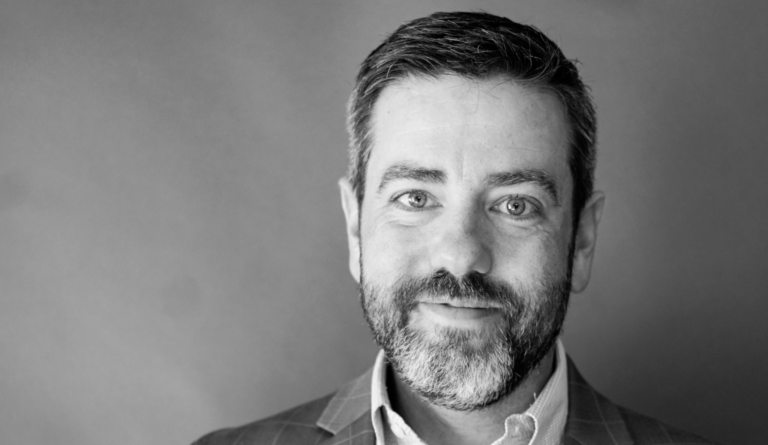I thought you might appreciate some more thoughts on trust. This is a guest post from my friend Bryan Richards. Enjoy. –Chip
I enjoyed reading Chip’s article about building trust. His musings led me to think about how to cultivate trust through guiding principles and actions. There’s much more to a trusting relationship than encouraging behaviors, attitudes, and apologies!
Trust might exist at different levels for different people. Mary might equate trust with reliability. She trusts Fred to accomplish a task, but she does not trust Fred to tell the truth. In contrast, Javier might equate trust with virtue. He trusts Fred only if he is confident Fred will both accomplish the task and tell the truth as a matter of course. Mary and Javier can reach an agreement about whether to trust Fred by first voicing and aligning their definitions of what it means to trust him.
It’s rare for people to let bygones be bygones and start anew with a fresh sense of trust.
As a simple example, if an intern steals supplies from an office, the next time that intern visits the office, the manager will lock the supply cabinets because he won’t trust the intern to behave differently. (Of course, he might not even let the intern back into the building!) Even if he has a candid conversation with the intern, the manager will still be cautious. People rarely put pasts in the past, unless they devoutly follow the principle of forgiveness. If people really let bygones be bygones, Jesus wouldn’t have had to harp on forgiveness so much!
To establish trust, it’s not enough to look inside and change. It’s necessary to inform others of the change and then ask to be held accountable.
Suppose Rob has been untrustworthy with Angel in the past, but Rob is now determined to change his ways. Rob needs to inform Angel that he is changing. If he doesn’t, Angel might not become conscious of the fact. She will be predisposed to distrust Rob and will, for quite some time, ignore new evidence that contradicts her bias.
Rob also needs to ask Angel to hold him accountable. He must ask her to challenge him if at any time his stated change doesn’t seem to be genuine. By asking for accountability, Rob indicates that he is willing to be tested and wants to be found worthy of trust.
Trust should begin in the heart, not in the head.
A person should be morally committed, or committed from the heart, in order for trustworthiness to take root. Suppose Jared only wants to help Michelle correct a bookkeeping error because he sees a practical or rational reason for doing so, such as the possibility of a raise or promotion. He may insincerely “role-play” as a trustworthy colleague in this situation since he thinks an attitude of concern and conscientious behavior will impress her. In the future, if he is not guided from the heart, he may fudge on his accounting records since he realizes Michelle does not know enough to detect certain anomalies.
Before Michelle puts tremendous trust in Jared, she needs to test Jared’s underlying value system. What will he do when he thinks no one is monitoring him? How will he handle a situation in which he could easily gloss over a subtle problem? Will he raise the issue or keep quiet? Behaviors and attitudes in the sight of others are not enough. Jared only merits trust if his attitudes and behavior arise from moral conviction, which others can assess through discreet observation.
Sharing apologies is not always an appropriate method to establish a sense of trust. If apologies are insincere or unjustified, do not voice them.
It is not fair or right for an honest person to appear “vulnerable” in order to establish trust. Suppose Eric has behaved honorably throughout his career, but he works with Mario, who has committed many wrongs. Maybe Eric should find something to apologize for in order to encourage Mario to become more contrite. But why should Eric apologize if he truly has done no wrong? An apology would be unjustified and insincere, so Eric has a right to stay on high ground. Meanwhile, if Mario apologizes for a misdeed, he might do so simply to “get it over with” and move a deal forward. If his apology is insincere, and if the other party senses this insincerity, the level of trust between the two will not grow; instead, it will further erode.
In this example, Eric can foster a more trusting and open environment not by apologizing for anything, but instead by addressing Mario’s misdeeds in a matter-of-fact tone. He should not adopt a harshly judgmental stance. Eric can simply ask Mario about the underlying assumptions or reasons behind Mario’s undesirable behavior. There may be a cultural or historical basis for Mario’s different – or absent – conception of what it means to be trustworthy. A discussion of this dynamic can lead to an agreement about how to make decisions and share information in the future. Eric and Mario will then have a stronger foundation for honesty.
Final Thoughts
In short, trust may seem to arise from visible behaviors and audible statements, but it really emerges from the mists and shadows of quiet assumptions and moral convictions. It takes patience and exploration to gain confidence that a person truly is as he or she seems. Through observation and candor, it’s possible to correct misbehavior and misunderstandings, and to foster relationships that are based on deep and well-founded trust.
 About the Author
About the Author
Bryan Richards is the president of Aspen Impact. Aspen Impact guides executives and boards through projects to plan an organization’s future, improve operations, raise revenue, and grow market share.












